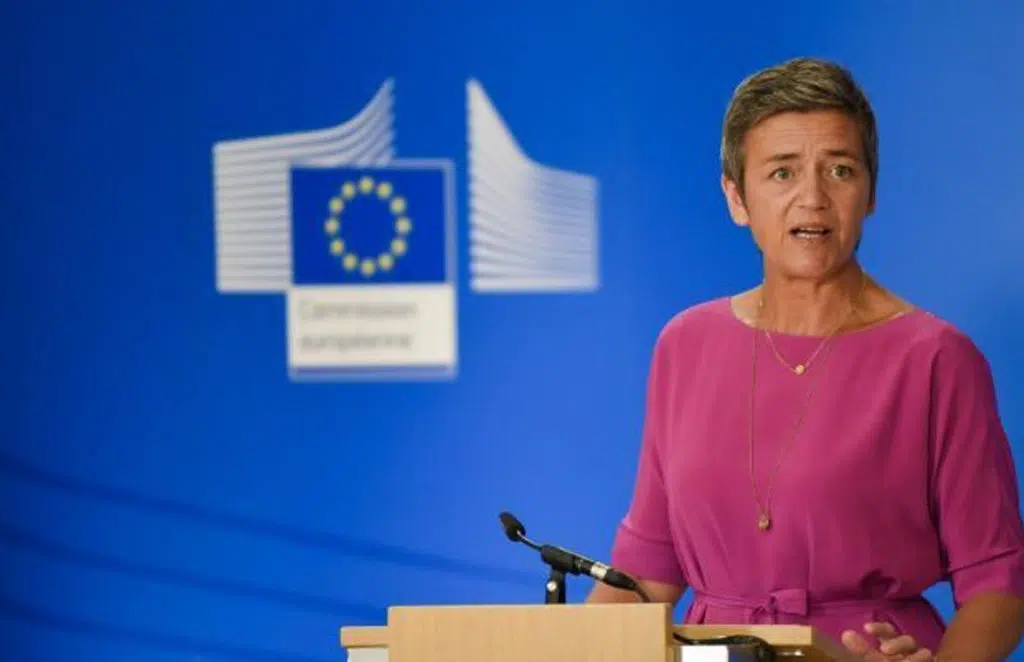
The European Commission has sent an official statement of objections to Apple laying out the reasons why it believes the company has “abused its dominant position in markets for mobile wallets on iOS devices” and is restricting competition by limiting third-party access to its NFC chip technology.
The statement of objections is a formal step in the ongoing antitrust investigation into Apple’s practices that the Commission launched in June 2020 and “takes issue only with the access to NFC input by third-party developers of mobile wallets for payments in stores”, the Commission says.
The formal statement “does not prejudge the outcome of an investigation”, but if the charges relating to Apple’s conduct are confirmed it “would infringe Article 102 of the Treaty on the Functioning of the European Union (TFEU) that prohibits the abuse of a dominant market position,” the Commission adds.
Specific concerns
“Our concerns relate to Apple’s decision to block access to the NFC technology for payment purposes and use it solely for its own mobile wallet, Apple Pay,” the EU’s competition commissioner Margrethe Vestager explains.
“As a result, users of Apple devices can only pay with the ‘tap and go’ function using Apple Pay and not with other wallets. This is because competing wallet developers need access to the NFC on Apple devices to reach Apple users.
“Developing a mobile payment application is costly. Investment may only be worth it if developers can reach both Apple and Android customers.
“Evidence on our file indicates that some developers did not go ahead with their plans as they were not able to reach iPhone users. This behaviour stifled innovation and prevented competition in the mobile wallet market. As a result, European consumers have little choice of mobile payment solutions when paying in shops.
“Apple claims that for security reasons it cannot provide access to NFC for payments. According to Apple, security risks would increase if access were to be granted to third parties.
“We take security very seriously. Our investigation to date did not reveal any evidence that would point to such a higher security risk. On the contrary, evidence on our file indicates that Apple’s conduct cannot be justified by security concerns.”
Apple has not yet officially responded to the statement of objections, but “will continue to engage with the Commission to ensure European consumers have access to the payment option of their choice in a safe and secure environment,” a spokesperson for the company told the The Guardian newspaper.
Apple could face fines equivalent to up to 10% of its global revenues if it is found to be in breach of European competition law.
Reports that the Commission was preparing to file antitrust charges against Apple soon emerged last week.
Next: Visit the NFCW Expo to find new suppliers and solutions